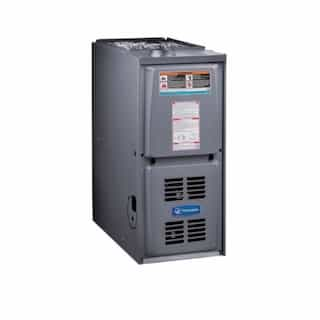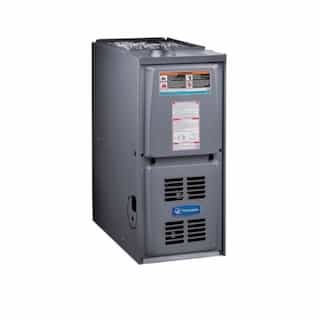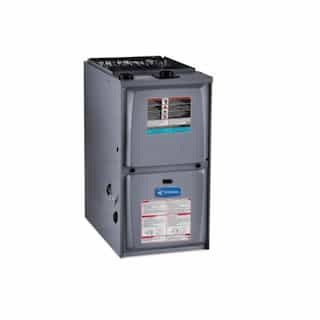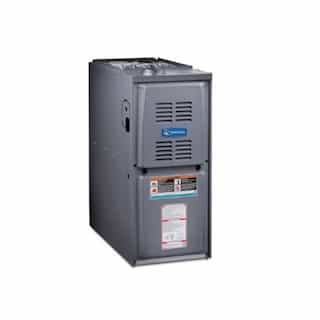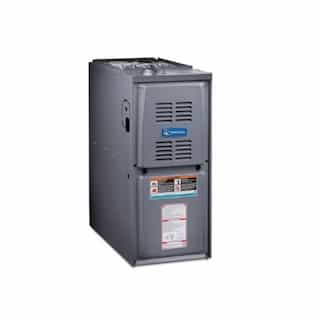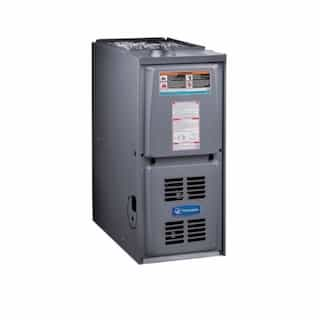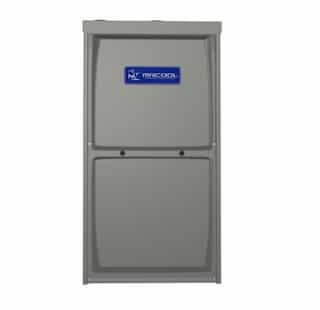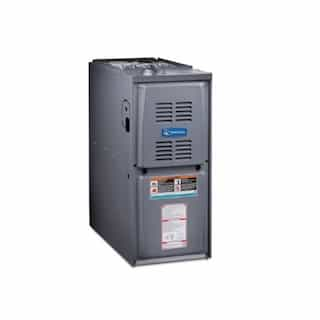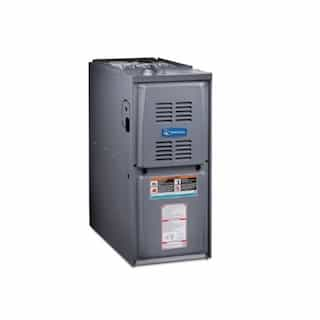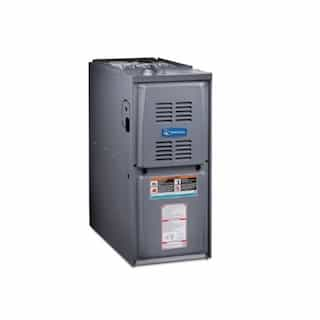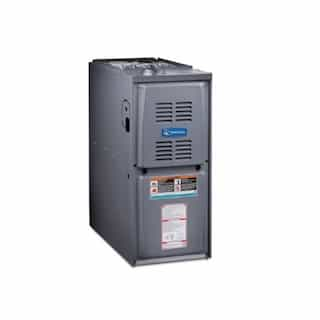What fuel types exist?
You may find a variety of furnaces in use depending on your location:
Gas Furnaces - includes natural gas and propane options. Certain natural gas furnaces can convert from natural gas to propane using a conversion kit. Gas furnaces often require a high initial investment and installation cost but a cheaper long-term operating cost than electric and oil furnaces.
Electric Furnaces - use electricity to generate heat. Electric furnaces usually offer lower initial costs than gas or oil furnaces, but, because they rely on electricity, may offer higher operating costs. They also work well in areas without natural gas hookups or space to properly store propane. To reduce operating costs, you can pair an electric furnace with a heat pump.
Oil Furnaces - converts oil to heat and works well to provide warm air in cold climates. These furnaces typically offer a lower initial cost than gas furnaces but a higher operating cost. Additionally, they may offer a lower efficiency than gas furnaces.
Why choose a gas furnace?
When deciding which furnace to choose, consider the climate you live in. A gas furnace works well in colder climates that require heating for a long period of the year. Since electric furnaces often offer a higher operating cost, they work well in warmer climates that require heating for a shorter period of time.
Additionally, gas furnaces offer a cleaner form of heating than electric furnaces. To generate electricity, power plants must burn coal, which emits a higher amount of emissions compared to natural gas.
Read more about the difference between gas and electric furnaces with our blog Gas vs. Electric Furnaces!
What is AFUE and CFM?
Annual Fuel Utilization Efficiency (AFUE) measures how much fuel converts into usable heat and indicates if a furnace is energy efficient. So, a furnace with a 95 percent AFUE rating will turn 95 percent of the fuel into heat. This means furnaces with a 95 percent AFUE rating operate more efficiently than furnaces with an 80 percent AFUE ratio. Energy Star qualified furnaces feature a high AFUE rating. The efficiency ratings required to qualify depend on the type of furnace and the region where you live.
When comparing the efficiency and operating cost of two furnaces, take into consideration the type of fuel they use to operate. For example, electric resistance furnaces operate with 100 percent efficiency. This means that all incoming electricity converts to heat. However, while electric furnaces seem like high efficiency furnaces, the cost of electricity remains higher than natural gas or propane so your energy costs will be higher.
Cubic Feet per Minute (CFM) measures the volume of air that a fan moves. The higher that number, the more air it can move.
